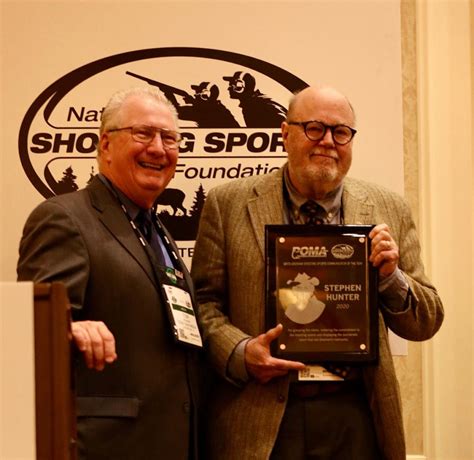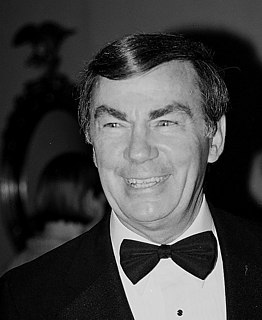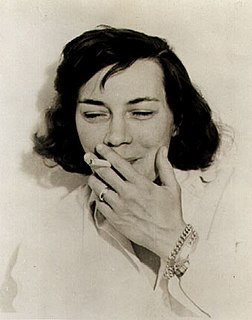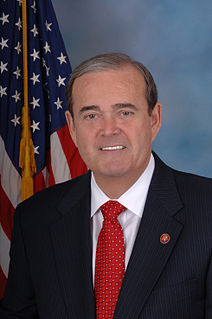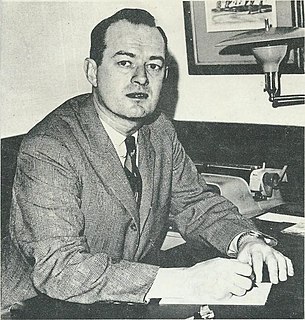A Quote by Franklin D. Roosevelt
We can see now that we Americans were caught unprepared, because we were ordinary human beings, following the best advice we had at the time. No one would have guessed in 1941 that we would be attacked in such an unsportsmanlike manner as we were. No one could have visualized Pearl Harbor, either out there or in Washington. But if we had known then what we know now, we would have expected an attack in 1941.
Related Quotes
I think the important thing to remember about the Japanese internment is the situation. We had been attacked. Maybe Roosevelt expected it - I rather think he did. I don't think he expected an attack on Pearl Harbor. I think he expected an attack on Southeast Asia. But we were attacked at Pearl Harbor
They were not friends. They didn't know each other. It struck Tom like a horrible truth, true for all time, true for the people he had known in the past and for those he would know in the future: each had stood and would stand before him, and he would know time and time again that he would never know them, and the worst was that there would always be the illusion, for a time, that he did know them, and that he and they were completely in harmony and alike. For an instant the wordless shock of his realization seemed more than he could bear.
I had a lot of great lakes of ignorance that I was up against, I would write what I knew in almost like islands that were rising up out of the oceans. Then I would take time off and read, sometimes for months, then I would write more of what I knew, and saw what I could see, as much as the story as I could see. And then at a certain point I had to write out what I thought was the plot because it was so hard to keep it all together in my head. And then I started to write in a more linear way.
There were days - she could remember this - when Henry would hold her hand as they walked home, middle-aged people, in their prime. Had they known at these moments to be quietly joyful? Most likely not. People mostly did not know enough when they were living life that they were living it. But she had that memory now, of something healthy and pure.
They fought on with a devotion which would puzzle the generation of the 1980s. More surprising, in many instances it would have baffled the men they themselves were before Pearl Harbor. Among MacArthur's ardent infantrymen were cooks, mechanics, pilots whose planes had been shot down, seamen whose ships had been sunk, and some civilian volunteers.
If you say, "Would there were no wine" because of the drunkards, then you must say, going on by degrees, "Would there were no steel," because of the murderers, "Would there were no night," because of the thieves, "Would there were no light," because of the informers, and "Would there were no women," because of adultery.
The years of the Great Depression were a superb time for economists because people not knowing what could be done or what should be done would always assume that maybe an economist had the answer. If you were just a lawyer in Washington, you were nobody. But if you were an economist, you might have the answer.
We were not having any fun, he had recently begun pointing out. I would take exception (didn't we do this, didn't we do that) but I had also known what he meant. He meant doing things not because we were expected to do them or had always done them or should do them but because we wanted to do them. He meant wanting. He meant living.


